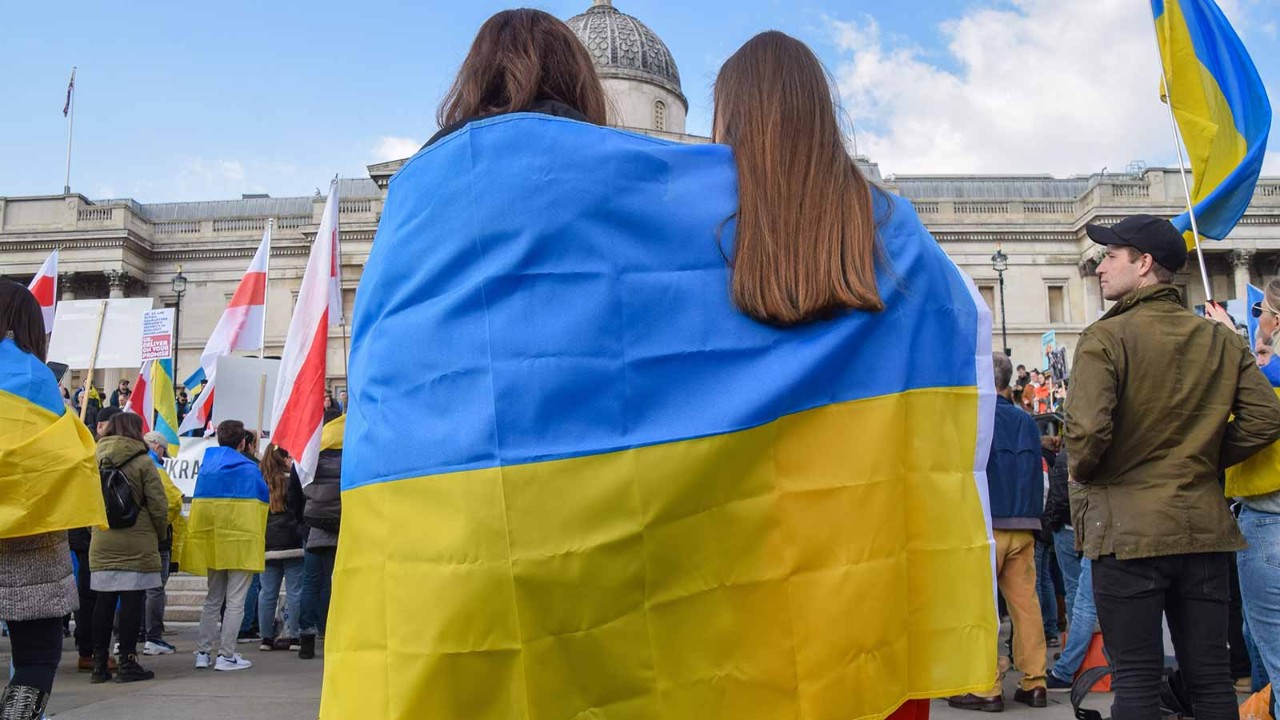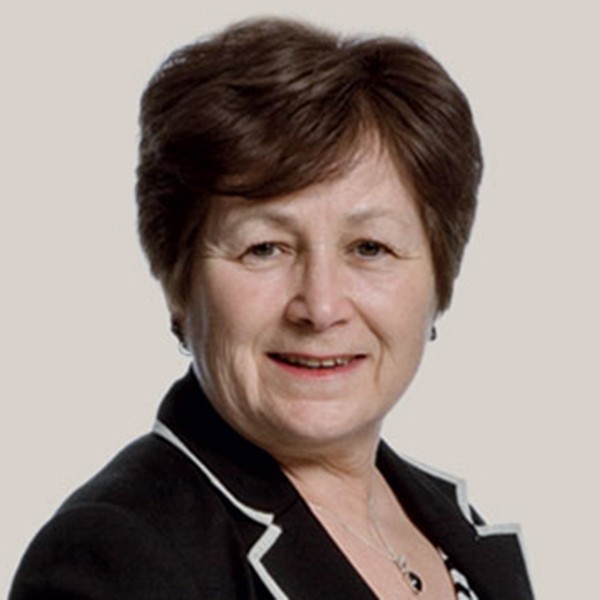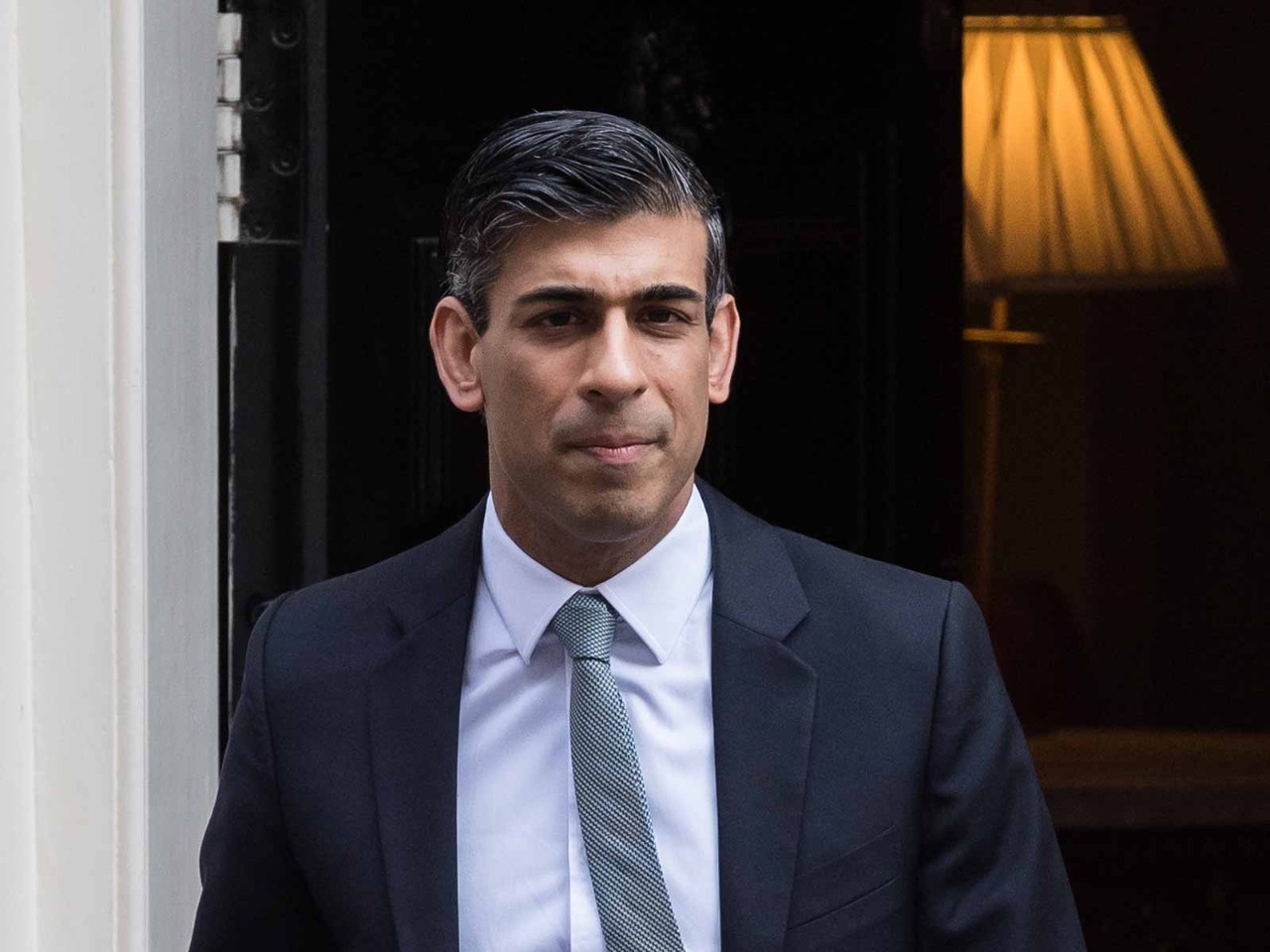
It ought to be relatively easy for accountancy firms to quit Russia in protest at its invasion of Ukraine. Ties between member firms of international networks are much less tight than those between a parent company and its wholly-owned subsidiaries.
The ‘parent’ firms do not employ people in Russia, nor do they place their balance sheets behind them. In normal times, auditing companies’ use of IFRS Standards – Russia requires this of listed companies and financial institutions – is critically important to international investors. But for a country that has become uninvestable, this is academic.
Grant Thornton set the pace for the big firms on 1 March by announcing that FBK, its ‘member firm in Russia, is leaving the network with immediate effect’. Within a week the Big Four had more or less followed suit.
BDO had, perhaps presciently, removed its branding from Unicon last October, placing it in a looser ‘Global Alliance’. It said recently that the firm operates 'entirely independently’. Not so presciently, Mazars ‘joined forces’ with Russian audit group Marillion last September and has been a PR laggard.
And yet carrying this out is not so easy. There are networks within networks. Newly independent Russian entities may need to be thrown out of a regional layer as well as the lead firm’s global network. Other networks operate under the radar: former Grant Thornton firm FBK remained part of the PKF network, for instance.

We can expect to see comments in the auditor’s report about limits of scope regarding insufficient information
The aim must be to remove all branding, as well as commercial and technical support. Former member firms may go rogue and continue to use the brand. Suing them in Russia will not be practicable, but wherever possible it must be clear that the link has been severed. The route to this should include the UK’s Financial Reporting Council and other audit authorities removing Russian firms from their registers of approved third-country auditors.
Impact on audit
For firms auditing multinationals, work underway will be completed. But judgments about asset valuations and risk will be difficult. We can expect to see comments in the auditor’s report about limits of scope regarding insufficient information and emphases of matter where the uncertain calculation is likely to be material.
International professional bodies need to take more of a lead. Mazars’ Russian partner is in the Forum of Firms, an IFAC construct open to firms that declare commitment to the auditing and ethical standards issued by the International Auditing and Assurance Standards Board (IAASB) and International Ethics Standards Board for Accountants (IESBA), both of which come under the International Federation of Accountants (IFAC) umbrella.
International bodies should warn that the credibility of quality inspection within Russia is subject to question
While many accountants in Russia will try to uphold professional values, individuals cannot be relied on under a regime clamping down on dissent. Some will join the brain-drain. International bodies should warn that the credibility of quality inspection within Russia is subject to question.
In a country where it has never been easy to do business, it is obvious that the ideal of unbiased reporting and auditing has become even harder to achieve.
Another angle would be for the International Forum of Independent Audit Regulators (IFIAR) to consider excluding Russia. The crucial word ‘independent’ cannot be verified, and that will remain the case for as long as Vladimir Putin remains president.



